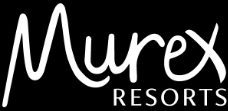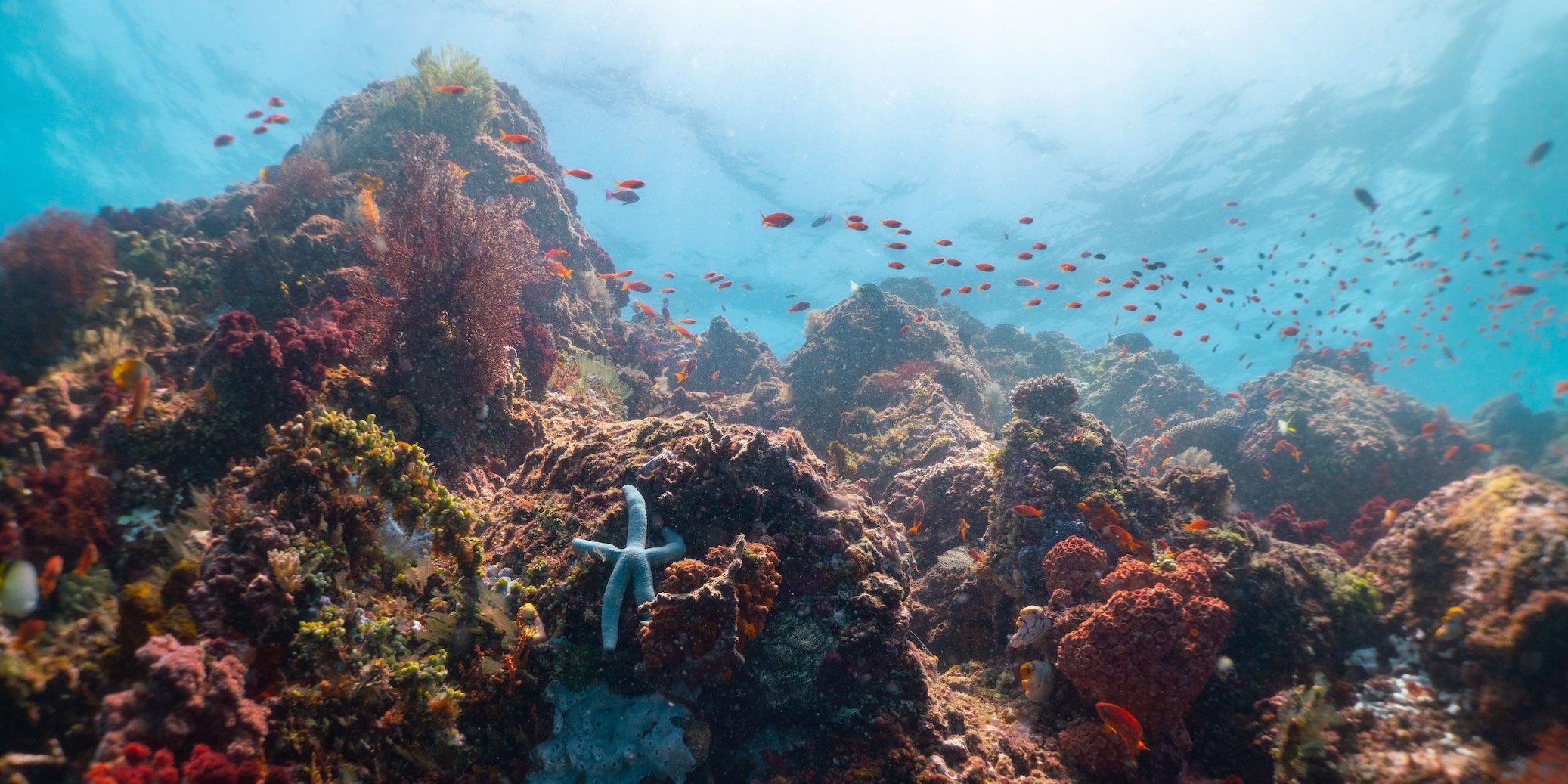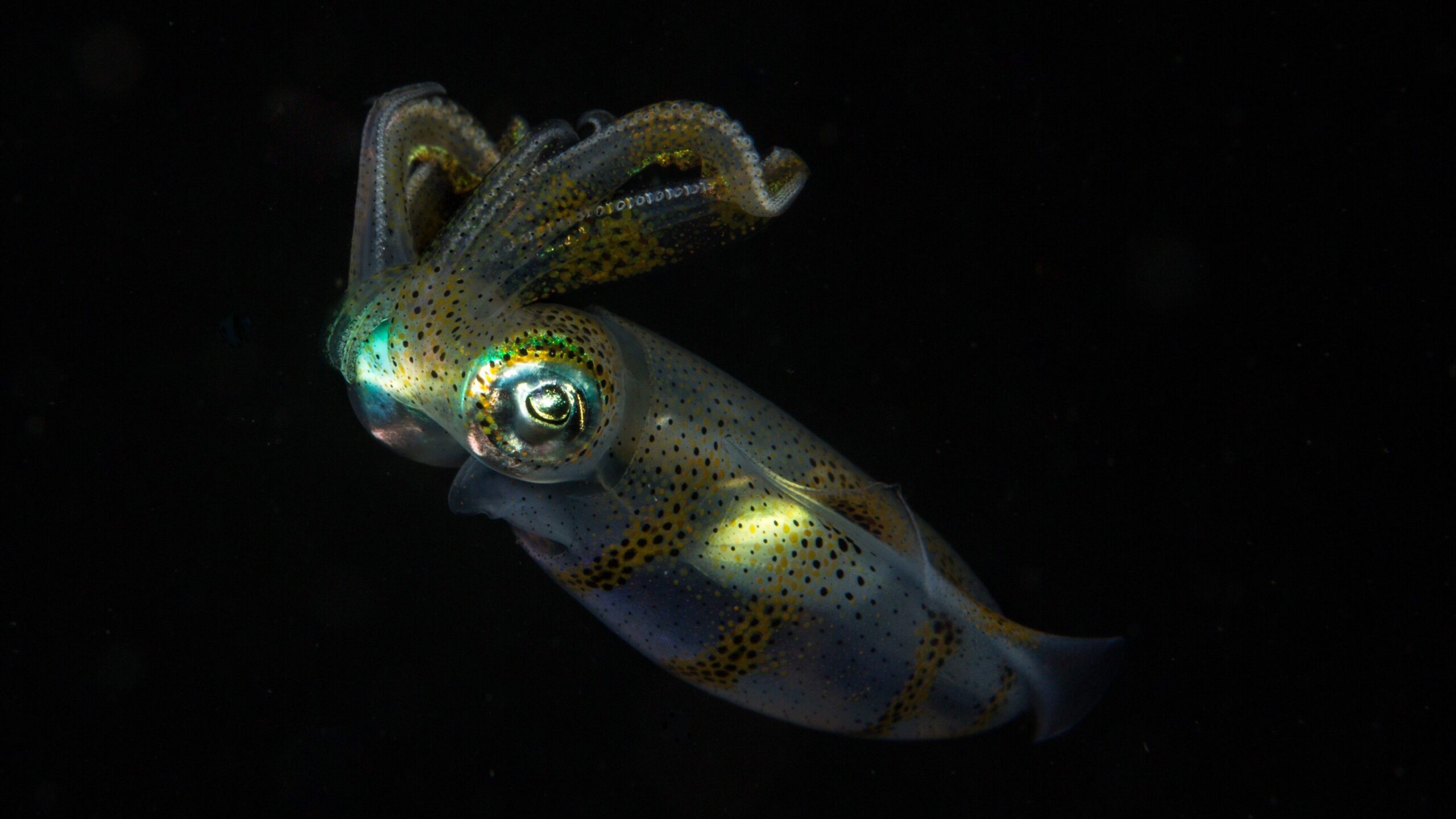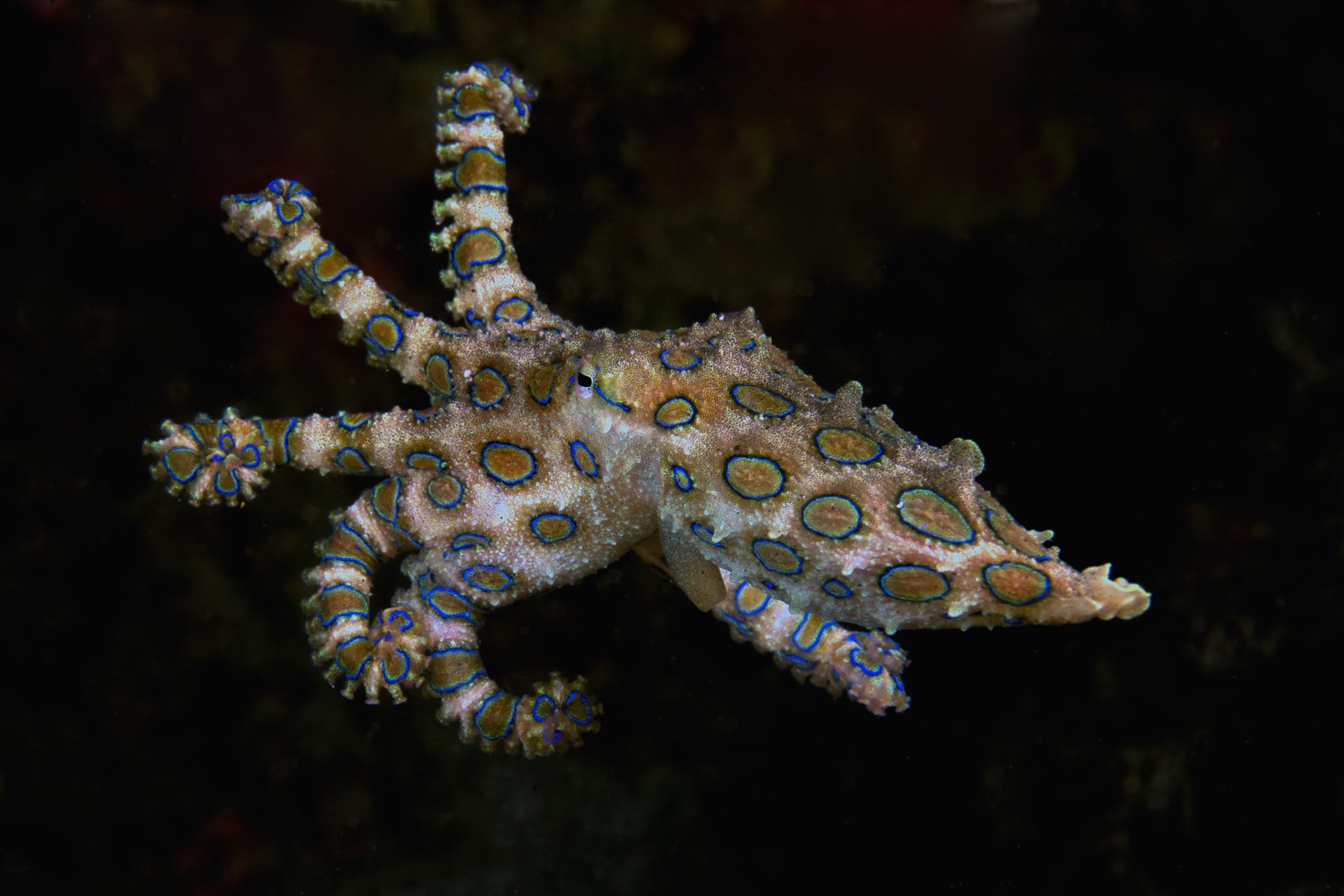
Diving Equipment for Professionals
If you have been diving with a Dive Guide, Divemaster or Instructor before, you may have noticed that they appear to carry additional items of gear underwater with them. Have you ever wondered how professionals choose their diving equipment and what is making their BCD pockets bulge? In this Blog we will take a look at how professional divers choose their essential gear and some of the extra items, why they carry them, and whether they could be beneficial for recreational divers like you too.
Essential Diving Equipment
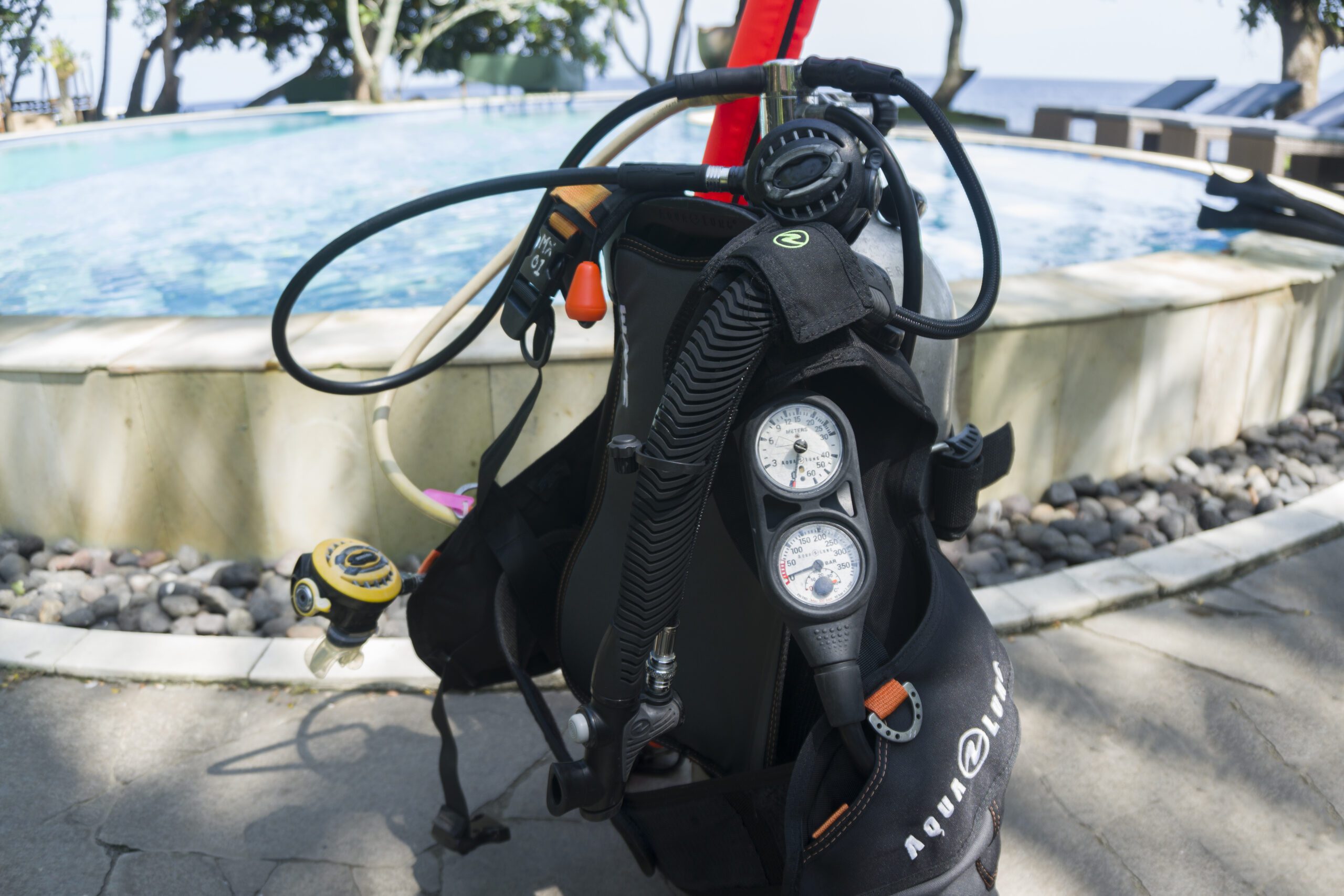
Let’s start by taking a look at the essential diving equipment needed by all divers and see how the needs of professionals and recreational divers differ, or not..
Buoyancy Control Device (BCD)
Professional divers tend to be staying in one location for extended periods when they are working, so unlike recreational divers who need to fly with their gear, weight is less of an issue.
There are great options for lightweight BCDs which are excellent for travelling but the weight loss often comes from a more compact design, less pocket space, fewer D-rings, and in some cases the durability is not designed for day in, day out diving. Overall, BCDs are one item where the needs of professionals and travellers are not always aligned.
Regulators
Again, there are some great lightweight options for travelling. Instructors in particular will usually opt for a more durable regulator and one that has standard gauges and alternate air source so their own gear matches what their students will be using.
Wetsuits
Professional divers often wear thicker suits than what recreational divers will need in the same waters. This is because they are in the water day in and day out, which usually means they need additional thermal protection.
Boots and Fins
Most professionals tend to opt for the more durable (and usually heavier) choice of booties and open heel fins. For travelling recreational divers, a well-fitting full foot fin is a lighter option for travelling and when finning underwater.
Safety Gear
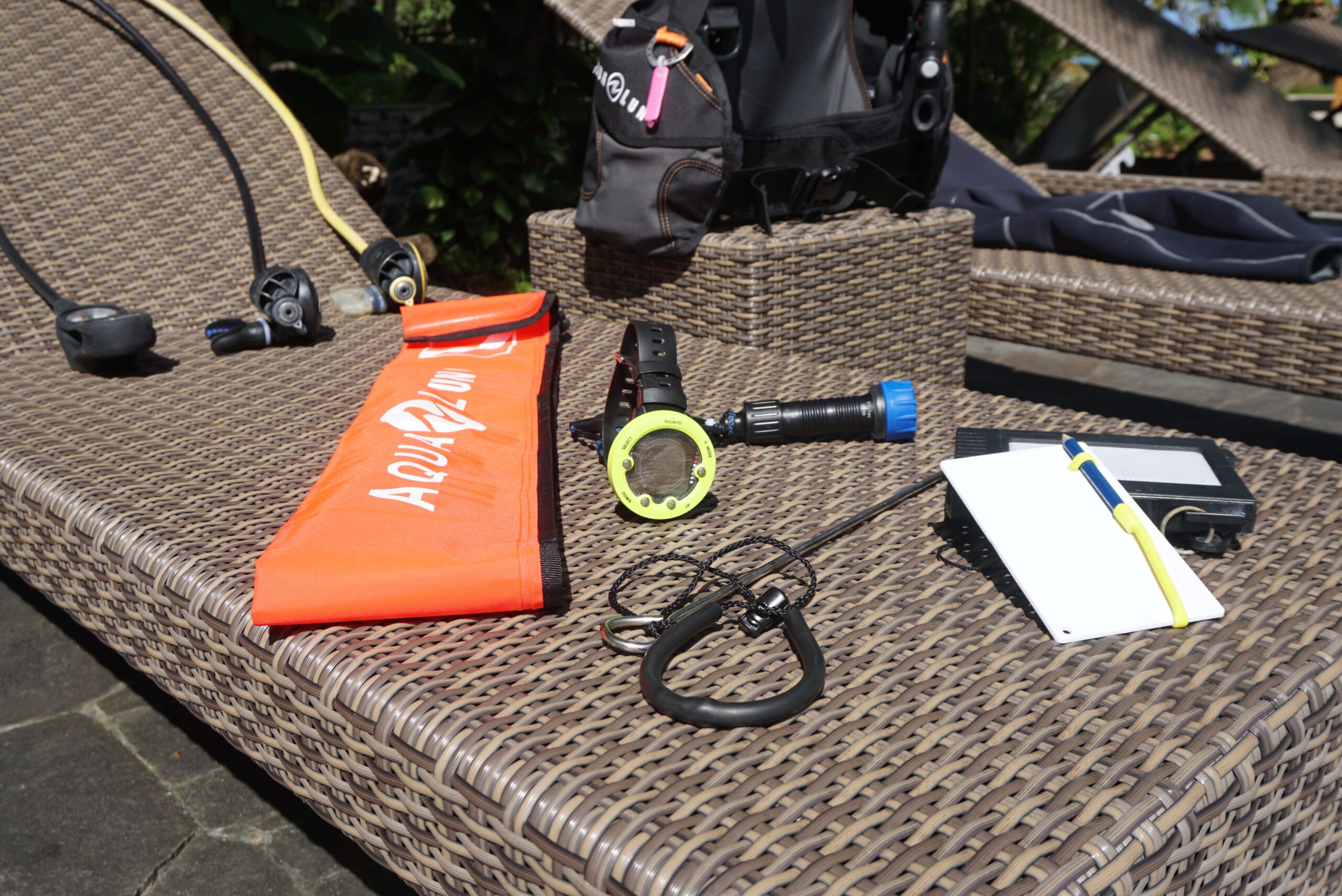
For all diving professionals safety is of paramount importance – not only for themselves, but also for any divers or student divers that are accompanying them. This additional level of responsibility means that professionals carry additional devices – but these can also be used by recreational divers, providing they have prior training in how to use them correctly.
Audible Signalling Device
All divers should carry at least one audible and one visual signalling device. This can be as simple as a whistle, similar to those found on lifejackets, either in a pocket or attached to one of the D-rings on the BCD.
Other options for audible signalling devices include underwater rattles, or a pointer stick which can be tapped against the tank to gain attention underwater.
Line and Reel
There are many reasons why professional divers carry a line and reel. Common reasons include:
- To measure distances
- For navigation purposes
- To lay a line to follow back to a certain point when penetrating caverns or wrecks
- For carrying out underwater circular search patterns when looking for missing items.
However, the most common use of a line and reel is to attach the line to a delayed surface marker buoy which can be deployed underwater and marks the divers’ position on the surface for dive boat crew to see and to warn other boat traffic that divers are below.
Surface Marker Buoy Vs Delayed Surface Marker Buoy
When boat or drift diving, most professionals will opt for a delayed surface marker buoy (explained above), however, as this requires the diver to also be carrying a line and reel, it may not be a suitable option for recreational divers with limited carrying capacity – in which case, a standard surface marker buoy is a more practical choice.
NOTE: Do not attempt to deploy a delayed surface marker buoy from underwater without proper training, such as taking the PADI Delayed Surface Marker Buoy Diver Course.
Pocket Mask
Dive professionals (and PADI Rescue Divers) have all undergone training in first aid, CPR and in-water rescues. A pocket mask serves multiple purposes for those with training. They can be used to protect an unresponsive divers airways at the surface, they increase the effectiveness of rescue breaths during CPR, and they can be attached to O2 cylinders for breathing and non-breathing divers.
Additional Diving Equipment Accessories
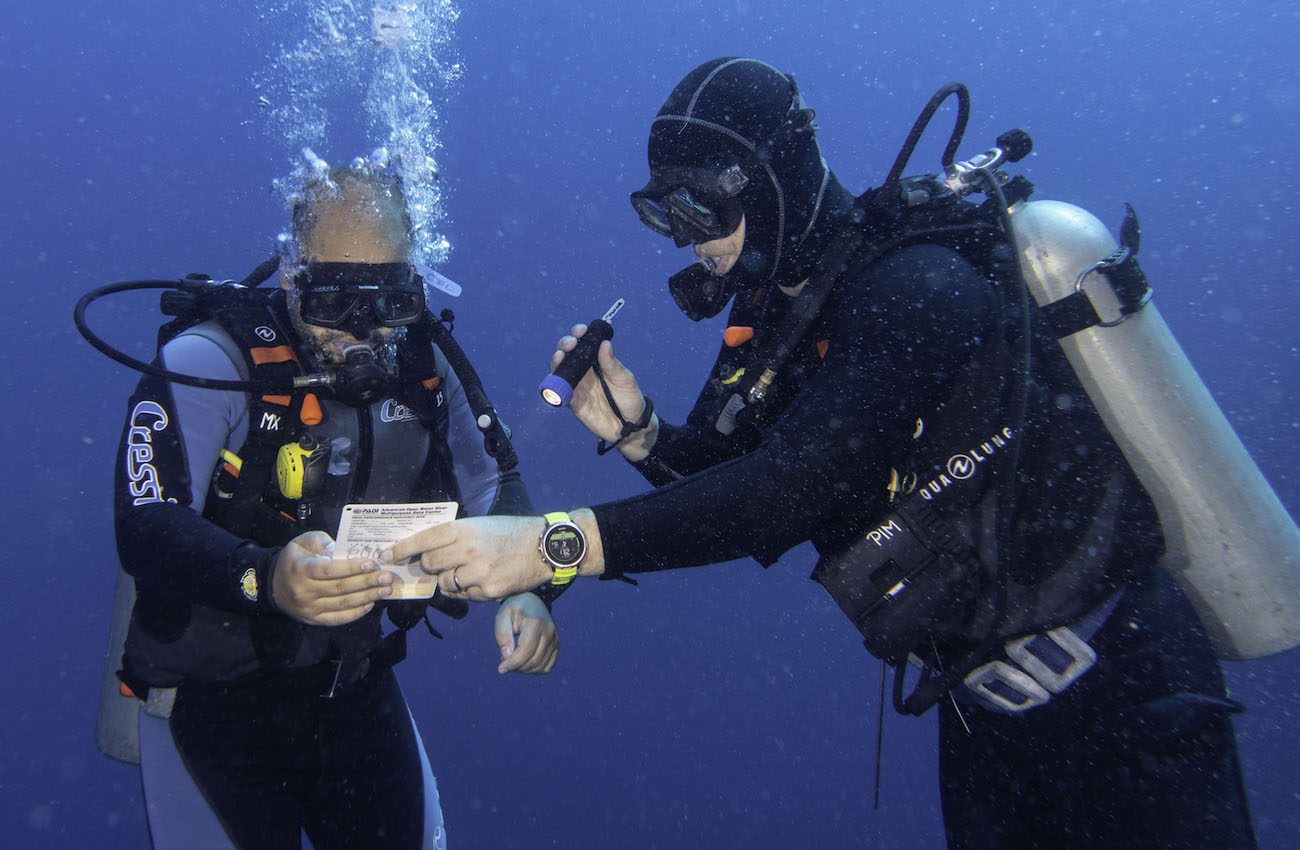
Professional divers often carry a selection of additional diving equipment accessories. Almost all of these are carried to enhance the experience of the divers they are with, and all of our dive guides at Murex Resorts carry these for our guests too!
Mesh Bag
On all of our dives, if our guides see any plastic debris, they will carefully remove it from the reef and store it in their mesh bag to bring back to the resort to be disposed of responsibly. Mesh bags fold up and can easily be stored in your BCD pocket – every diver can carry one and help to remove marine debris!
Marine Life ID Cards
Our guides all carry marine life ID cards that feature the most common critters, fish, and marine mammals that we spot on our dives here in North Sulawesi. The cards are a great tool for showing divers what species they have seen, and we also have sets of cards available to buy in our shop!
Blank Slate and Pencil
While the majority of communication underwater is by hand signals, professional divers carry a blank slate and pencil so that they can write marine life names, or to communicate more clearly. Here at Murex, our guides have etched a sketch that they can write on and wipe clean underwater!
Pointer Stick
Pointer sticks are stainless steel rods that can be attached to a BCD with a lanyard, clip or strap. Dive professionals use pointer sticks for pointing out critters to guests. They are multi-purpose though and can also be tapped against a tank to create sound, they can be used in place of a reef hook (see below), provide stability when taking underwater photographs, and they can also be useful when removing marine debris.
Underwater Light
An underwater torch is essential when night diving, however, they are also extremely useful during day time dives for peering into crevices when looking for critters!
Reef Hook
When diving in areas that are known for currents, a reef hook is a useful piece of kit. Reef hooks are similar to stainless steel claws that attach via a bungee to the BCD and enable divers to hook themselves on to the reef. This allows divers to remain stationary without draining their energy by fighting the current. Reef hooks need to be used carefully to avoid damaging the reef.
An Assortment of Clips
With all of these extra accessories to carry it’s no surprise that professional divers have a variety of clips and lanyards to attach items to their BCD rings!
Diving With Murex Resorts
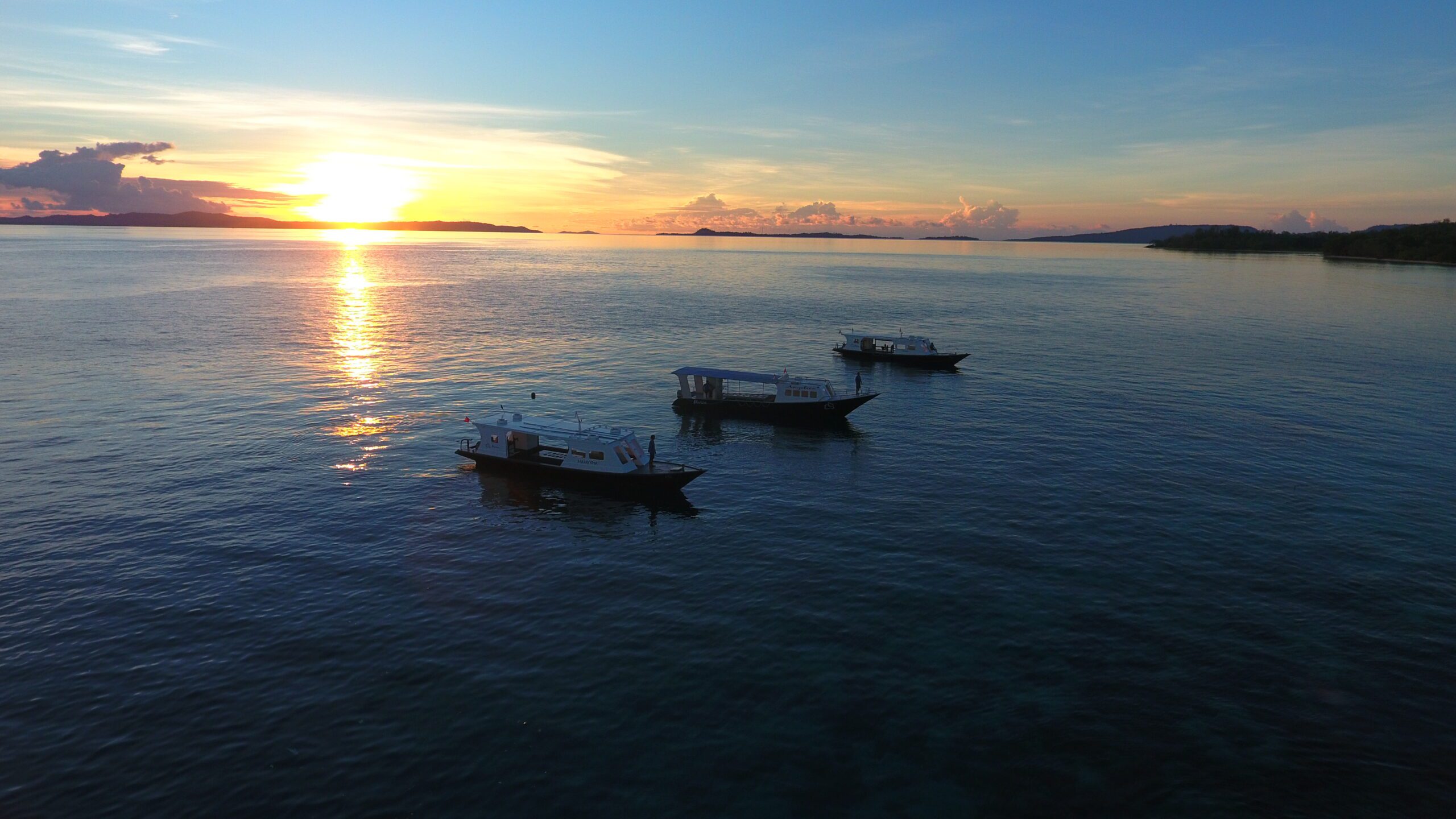
Are you considering investing in your own diving equipment or adding to your existing gear? Let us know which items you are thinking about purchasing and we can provide you with advice and options, or arrange for them to be ready for you to pick up during your next stay with Murex Manado or Murex Bangka! Contact us for more information: reservations@murexresorts.com.
If you enjoyed reading this article, you may also be interested in:

